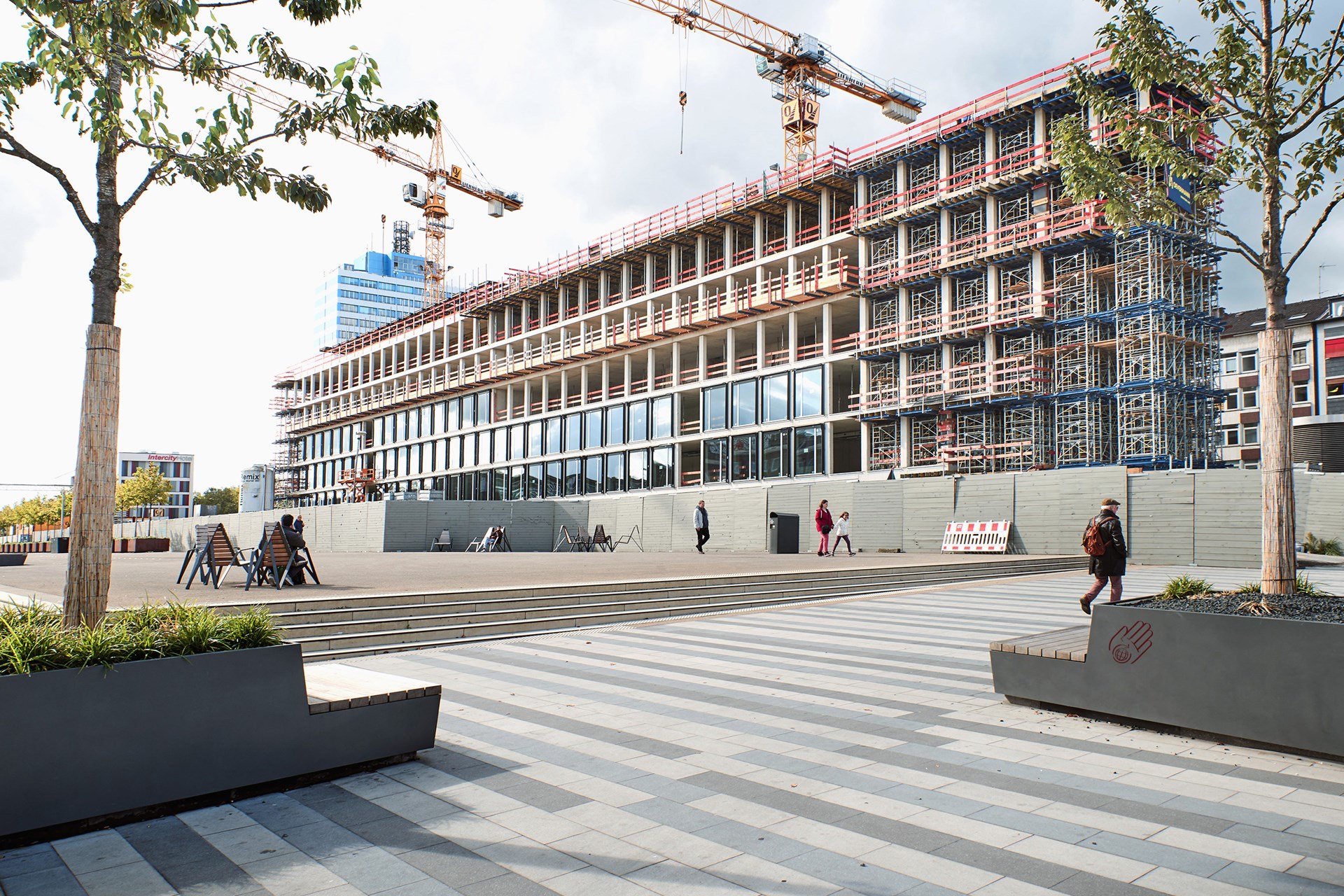Metal sourcing
Metal sourcing
Components
Components
Sites emissions
Sites emissions
Packaging and transport
Packaging and transport
Workplace
Workplace
Build beyond tomorrow
Build beyond tomorrow
Sources
Sources
We are a brand of Hydro and can influence the production from its origin. By tracking each step along the way, we can document and be transparent about our sustainability practices, including sourcing of materials and components, transport and packaging and how we run our business.
Together with the building system brands of Hydro we aim to cut by 50% our carbon emissions by 2025.
Metal sourcing - 50%
Components - 37%
Sites emissions - 10%
Transport and packaging - 46%
Workplace - 47%
Our products are not only made with aluminium; they are made with sustainable, low carbon, circular aluminium. All of our extrusion plants in Europe are ASI-certified. Hydro REDUXA®, made with renewable energy, offers only 4kg of CO2 per kg of aluminium. It’s 54% less than the European average¹.
With a 75% of aluminium still in use we are committed to use sustainably and circularly our resources by recycling end-of-life products in our Hydro CIRCAL aluminium, made with a minimum of 75% of recycled post-consumer scrap. Besides offering one of the lowest carbon footprints in the market (2.3 kg of C02 per kg of aluminium, 73% less than the European average*) Hydro CIRCAL is made with a proximity supply chain – all the recycled content is collected and recycled in Europe. Hydro CIRCAL offers performance, circularity, sustainability and uses 95% less energy than primary production. Since 2018, more than 300 Hydro CIRCAL projects were built across the world, saving more than 28 kt of CO2 – which represent the annual emissions of twelve cars. Finally, since we are committed to offer transparency, Hydro CIRCAL and Hydro REDUXA® are EPD-certified.
Thus, we can provide building solutions with low carbon footprints with clear and transparent information certified by an external party and Environmental Product Declarations (EPDs).
Components
Windows and doors are not only made of aluminium. In order to be consistent, we decided to work with suppliers with the same values and all of our Hydro CIRCAL profiles are now made with recycled thermal breaks – made of recycled polyamide. The insulbar® RE-LI by Ensinger indeed offers 92% less fossil fuels used during manufacture; 91% less CO2 (with a footprint of 0.8kg of CO2 per kg of recycled polyamide, instead of 8kg of CO2 for not recycled polyamide6); 78% less water reduction; and is EPD-certified.
Sites emissions
By reducing and optimizing our energy consumption, but also by investing in greener, renewable energy, we have been drastically reducing our energy consumption per processed ton since 2018.
Packaging and transport
By using less and optimized packaging materials, we managed to reduce by 8 the carbon footprint of our packaging. Moreover, thanks to better truck technology, fuel change, distance reduction and route optimization, we managed to deliver better and more efficiently thus saving both emissions and costs.
Workplace
We cannot improve our impact as a company if we do not tackle our individual behaviors. By implementing sustainability trainings and webinars; by rethinking our commuting and business trips through home offices and digital work; and by improving every detail in our workplace, from light usage, to printing, recycling bins, or single-use plastics. Between 2018 and 2020, we managed to save 2 waste bins7 per processed ton of aluminium and we keep reducing the amount of landfilled waste.
Build beyond tomorrow
We believe that to be sustainable, we must look to a world beyond four walls and work to make it a reality – starting today. That´s why we go beyond simply world-class low-carbon materials, to run every part of our business as sustainably as possible.
WICONA has an holistic approach to sustainability and act within 3 main areas:
- Product: beyond materials
- Company: beyond products
- Society: beyond company
Sources
¹ 8.6 kg of CO2 per kg of aluminium is the carbon footprint of primary aluminium used in Europe (cradle to gate) – European Aluminium 2018 report






